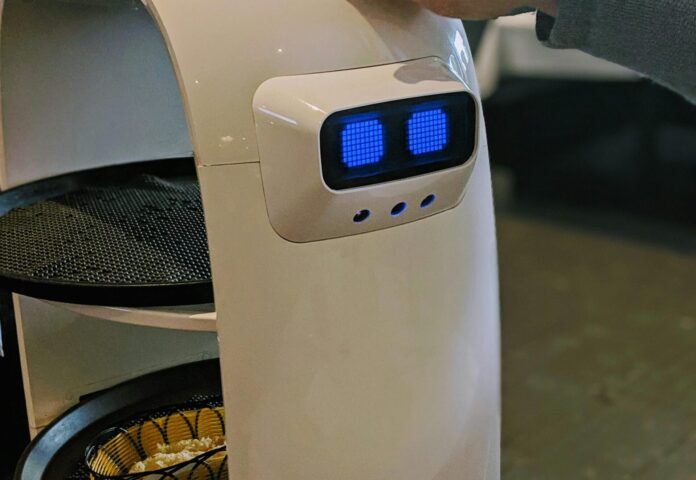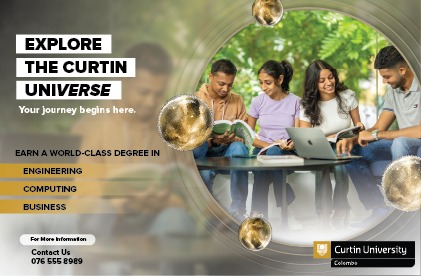Frontpage Journal | Business Insights
The global travel industry is undergoing a seismic shift driven by artificial intelligence (AI) and automation, reshaping everything from trip planning to on-the-ground experiences. While these advancements promise efficiency and personalization, they also pose a real challenge to traditional tourism structures in destinations like Sri Lanka. If unprepared, Sri Lanka risks losing its competitive edge, especially in the domain of specialized and cultural tourism where human expertise has historically been its strongest asset. To thrive in this new reality, the country’s tourism sector must adopt a proactive strategy that blends technology with human-centric experiences.
AI-driven platforms are already offering travelers comprehensive itineraries, real-time translation, instant recommendations, and even virtual guides. For Sri Lanka, this means that the role of traditional tour guides and travel agents could be partially displaced if these technologies are left unchecked. However, rather than resisting this change, the industry should embrace AI as an augmentation tool, integrating it into services while doubling down on the aspects that machines cannot replicate: deep cultural storytelling, emotional connection, and adaptability in unpredictable situations.
The first step is digital capacity building. Stakeholders, from small guesthouses to luxury resorts, must be trained in AI tools and data-driven marketing. Government-led training programs and public-private partnerships can equip tourism professionals with the skills to use AI for personalized trip planning, predictive demand analysis, and targeted marketing. For example, a hotel in Galle could use AI analytics to predict a spike in eco-conscious European travelers in October, adjusting its packages and promotional materials accordingly.
Next, Sri Lanka should focus on developing hybrid tour guide models. These would pair human expertise with AI assistance, ensuring that visitors receive rich, authentic experiences enhanced by instant access to accurate facts, real-time translation, and navigational aids. A guide in Kandy could carry an AI-enabled device that supplements their commentary with visual reconstructions of ancient temple architecture or translates complex cultural concepts into multiple languages, making the experience more immersive for diverse groups.
The country must also invest in digital infrastructure. Reliable internet access, smart navigation systems, and integrated booking platforms are essential for blending technology seamlessly into the tourism experience. Without such infrastructure, even the most advanced AI tools cannot function effectively, leaving Sri Lanka behind competing destinations.
From a policy perspective, regulation and data governance will be crucial. Tourism authorities must set standards for data privacy, AI ethics, and fair use to protect both travelers and service providers. Additionally, policies should encourage local ownership of AI tourism platforms to prevent revenue leakage to foreign tech giants.
Finally, sustainability should be a guiding principle. AI can help monitor and control visitor flows to sensitive sites like Sigiriya or Horton Plains, distributing tourist traffic across lesser-known attractions to prevent environmental degradation while boosting local economies. By integrating AI into sustainability planning, Sri Lanka can safeguard its natural and cultural assets for future generations while maintaining its reputation as an authentic and eco-conscious destination.
The AI and automation wave is not a distant threat, it is here. Sri Lanka’s travel industry faces a choice: allow technology to dictate its future, or shape that future by blending innovation with the country’s unparalleled human touch. Those who adapt now will not only survive but thrive, creating a tourism ecosystem that is technologically advanced, globally competitive, and deeply rooted in the island’s cultural identity.




